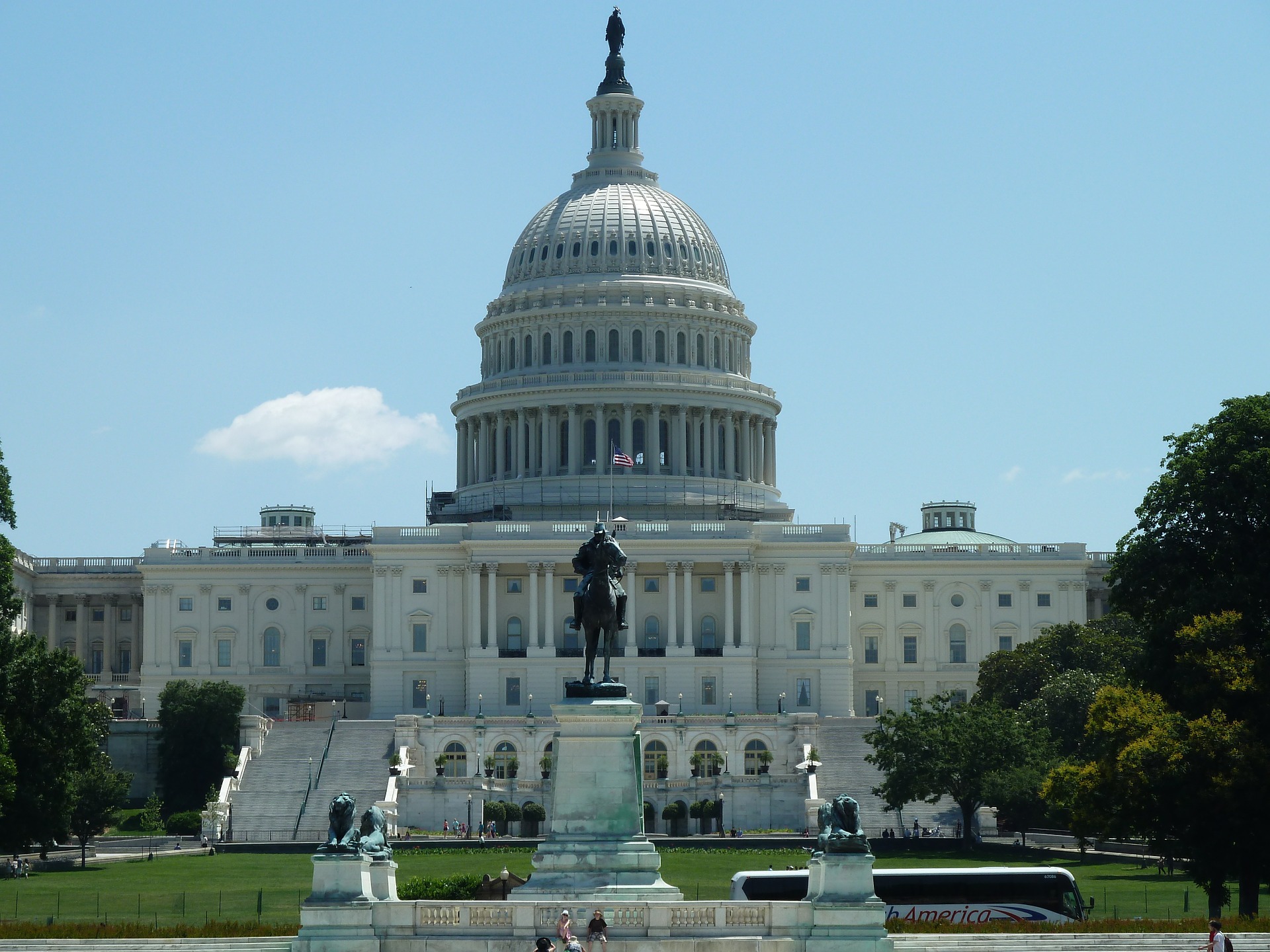Preserve Viewer Choice Coalition Blasts Attempts to Change FCC Rules for vMVPDs
The group backed by major entertainment companies, broadcast networks and streamers said the effort would “damage the streaming landscape by increasing consumer costs”

In the run-up to a hearing by the Communications & Technology subcommittee of the House Committee on Energy & Commerce on the future of the video streaming marketplace, the Preserve Viewer Choice Coalition has issued a memo blasting proposals to change the FCC rules governing how carriage and retransmission consent agreements are negotiated.
A number of large station groups have petitioned the Federal Communications Commission (FCC) to revive a long-dormant proposal to regulate video streaming services similarly to the cable industry of the 1990s. The head of the National Association of Broadcasters will be delivering remarks on Sept. 13 at the subcommittee hearing supporting changes in those rules.
Currently, station groups negotiate agreements with traditional pay TV operators but the broadcast networks negotiate agreements with vMVPDs like Fubo TV, Sling and others. Broadcast station groups have complained that some of those deals reduce their revenue and have launched a group The Coalition for Local News Advocacy to lobby for changes in the rule.
The Preserve Viewer Choice Coalition, which was formed by major entertainment companies, including the owners of four of the major broadcast networks, and streamers, complained that the “proposed regulation would force streamers to carry content viewers don’t want and give the station owners the ability to distribute network content they don’t own.”
The Preserve Viewer Choice Coalition also noted that when the FCC last considered the issue in 2014, it “received an overwhelming amount of opposition describing the harm the proposed regulation would cause to viewers, content creators, and local news providers. The public clearly does not want unnecessary government mandates to get in between them and their favorite content.”
The group also stressed that “the FCC has established it does not have the authority to turn back the clock on streaming services absent direction from Congress, a position Congress has reinforced. In a recent letter to the Commission, Representative Cathy McMorris Rodgers, Chair of the House Committee on Energy and Commerce, and Representative Bob Latta, Chair of the Communications and Technology Subcommittee, urged the FCC `to refrain from taking any action to impose outdated regulations on [video streaming services].’"
“This regulatory proposal would damage the streaming landscape by increasing consumer costs, limiting content options, and harming innovation in the space,” the group concluded.
The professional video industry's #1 source for news, trends and product and tech information. Sign up below.
It also argued that “the proposed regulation would harm the very cause the station groups claim they are fighting for: — local news carriage. Existing local news stations are already ubiquitously available over the air, on cable and satellite–and on streaming services. Imposing outdated rules can only lead to less local news available for streaming viewers.”
“This debate is not about fair negotiations and rates for local content, rather it is an attempt by large station groups to co-opt network programming they do not own to increase the fees they charge streaming providers for carriage,” the group said, adding that stations already receive significant revenue from vMVPD deals.
“[E]ven Nexstar CFO Tom Carter during their third quarter 2022 earnings call noted that affiliates get the same revenue from video streaming providers today that they do from cable and satellite providers—which they negotiate on their own,” the group said. “This was reinforced in Nexstar’s 2Q 2023 earnings call when the company noted that it recorded 7.7% growth in distribution revenue driven in part by revenue from video streaming providers.”
George Winslow is the senior content producer for TV Tech. He has written about the television, media and technology industries for nearly 30 years for such publications as Broadcasting & Cable, Multichannel News and TV Tech. Over the years, he has edited a number of magazines, including Multichannel News International and World Screen, and moderated panels at such major industry events as NAB and MIP TV. He has published two books and dozens of encyclopedia articles on such subjects as the media, New York City history and economics.

